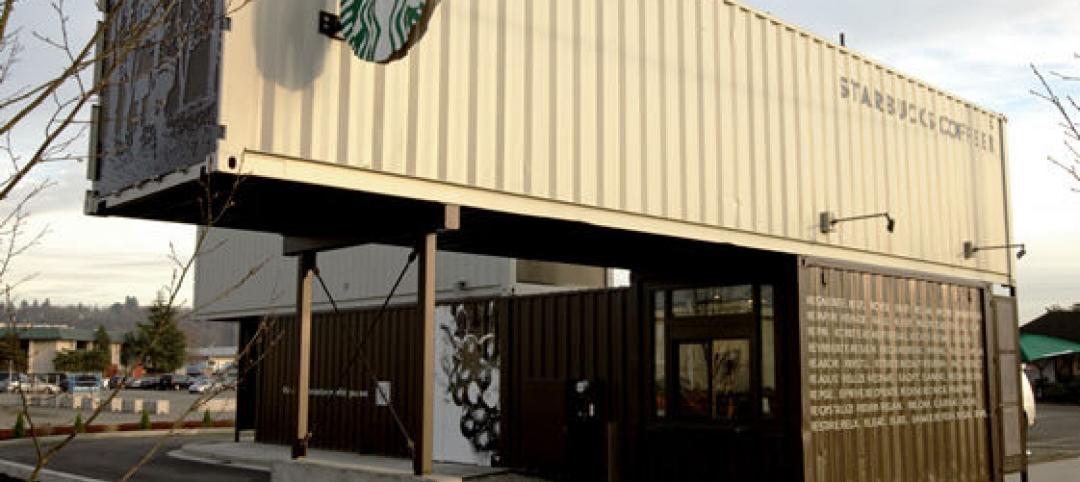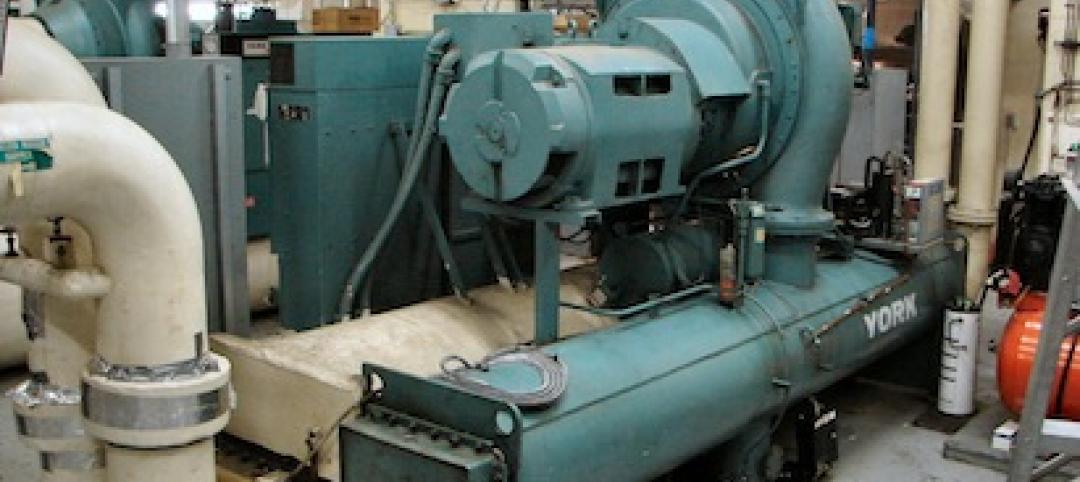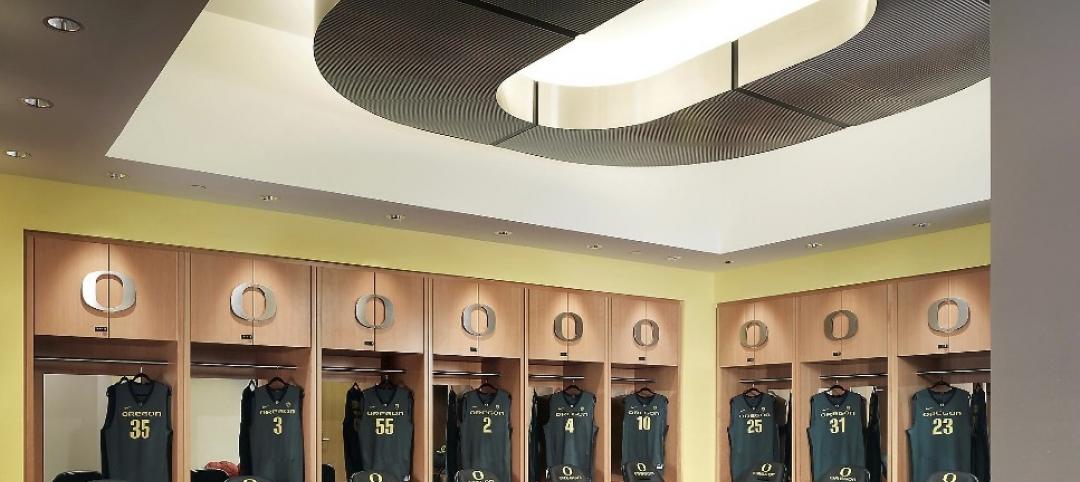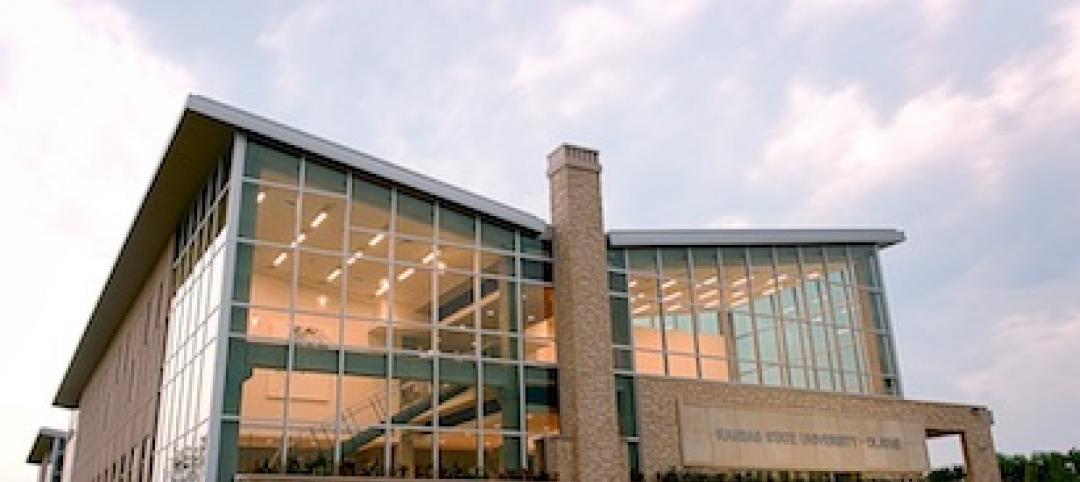Over the past eight years, the general contractor Swinerton went through an up and down growth trajectory that was limited by where it operated and the products it focused on.
In 2018, the company—which dates back to 1888—came out with its March to 2030, a blueprint for future growth that emphasizes product and geographic diversity. Since that plan came to light, the firm has expanded into Texas, Atlanta, Charlotte, and Raleigh. And now, it is making its boldest move by opening its first office in New York City, which Swinerton envisions becoming its hub for the Northeast.
That’s a tall order, given that the company had virtually no presence in that part of the country outside of some work in New Jersey by its renewable energy group. But the COVID-19 pandemic created what Swinerton’s CEO Eric Foster calls “an opportunity in crisis.”
“We feel the need to answer the call to build back better and stronger in post-pandemic New York,” says David Callis, Swinerton’s president and COO.
Running the New York office is Andrew Pearl, a 14-year company veteran who grew up in northern New Jersey but had spent his entire career, until now, with Swinerton in San Diego and San Francisco. “I never intended to stay in California,” Pearl tells BD+C, and he’s been pushing the company to open a branch in New York practically since he joined the firm.
After the coronavirus hit, Swinerton’s executives approached Pearl in the spring of 2020 about accelerating the company’s growth plans for the Northeast. Swinerton officially opens its New York office today at 292 Madison Avenue with 10 fulltime employees.
HOMING IN ON EXISTING ACCOUNTS

Andrew Pearl, Swinerton's New York division manager, has been urging his firm to expand into New York City for more than a decade. Image: Swinerton.
Pearl, whose title is Vice President and Division Manager, says that for the next 12 to 18 months, the New York office’s strategy is to serve the firm’s 75-plus accounts with which it has master agreements. These include technology companies, big banks, and insurance companies. Indeed, the first job the New York office booked is a “small” project for one of its tech clients.
“Many of these clients have been asking us to expand east to do work for them, and now we can finally say ‘yes,’” says Pearl. He adds that the types of projects Swinerton’s New York office is focusing on initially are corporate interiors, aviation, and healthcare/life sciences.
LEVERAGING DIFFERENTIATORS
The New York metro area is the largest and one of the most competitive commercial construction markets in the U.S. Prior to the pandemic, the value of commercial and multifamily starts in the area stood at $30.9 billion in 2019, according to Dodge Data & Analytics estimates.
To get the word out about its new office, Swinerton has hired a local P.R. agency, Cathy Callegari Public Relations, whose client list includes several other construction and engineering firms. Pearl is also in the process of joining a nonprofit that specializes in community building and neighborhood revitalization, and that Swinerton is part of in nine other cities.
And while Swinerton is the new kid on the block in New York, Pearl believes that this $5 billion company, with 20 offices in nine states, can leverage several “differentiators” when pitching new and existing customers. For example, earlier this year Swinerton launched its Timberlab brand for mass timber delivery and integration. Its renewable energy group is active in 28 states. It has a real estate redevelopment business, and a design-build collaboration called Perq with the engineering firm Walker Consultants.
Pearl says the company also has operations in Philadelphia and northern Virginia that now fall under the New York office umbrella.
Related Stories
| Oct 7, 2013
How to streamline your operations
The average U.S. office worker generates two pounds of paper each day, according to the EPA. Ninety percent of that trash is made up of printed materials: marketing reports, project drafts, copy machine mistakes, and unwanted mail. Here are a few ways AEC firms can streamline their management processes.
| Oct 7, 2013
Reimagining the metal shipping container
With origins tracing back to the mid-1950s, the modern metal shipping container continues to serve as a secure, practical vessel for transporting valuable materials. However, these reusable steel boxes have recently garnered considerable attention from architects and constructors as attractive building materials.
| Oct 4, 2013
Sydney to get world's tallest 'living' façade
The One Central Park Tower development consists of two, 380-foot-tall towers covered in a series of living walls and vertical gardens that will extend the full height of the buildings.
| Oct 4, 2013
Nifty video shows planned development of La Sagrada Familia basilica
After 144 years, construction on Gaudi's iconic Barcelona edifice is picking up speed, with a projected end date of 2026.
| Oct 4, 2013
Mack Urban, AECOM acquire six acres for development in LA's South Park district
Mack Urban and AECOM Capital, the investment fund of AECOM Technology Corporation (NYSE: ACM), have acquired six acres of land in downtown Los Angeles’ South Park district located in the central business district (CBD).
| Oct 4, 2013
CRB opens Atlanta office
Georgia’s status as a burgeoning hub for the life sciences industry has fueled CRB’s decision to open an office in Atlanta to better serve its clients in the market. CRB is a leading provider of engineering, design and construction services for customers in the biotech, pharmaceutical and life sciences industries.
| Sep 27, 2013
NYC releases first year-to-year energy performance data on commercial properties
A new report provides information on energy performance of New York City's largest buildings (mostly commercial, multi-family residential). It provides an analysis of 2011 data from city-required energy “benchmarking”—or the tracking and comparison of energy performance—in more than 24,000 buildings that are over 50,000 square feet.
| Sep 27, 2013
ASHRAE/IES publish first standard focused on commissioning process
ANSI/ASHRAE/IES Standard 202, Commissioning Process for Buildings and Systems, identifies the minimum acceptable commissioning process for buildings and systems as described in ASHRAE’s Guideline 0-2005, The Commissioning Process. Standard 202 is ASHRAE’s first standard focused on the commissioning process.
| Sep 26, 2013
6 ways to maximize home-field advantage in sports venue design
Home-field advantage can play a significant role in game outcomes. Here are ways AEC firms can help create the conditions that draw big crowds, energize the home team to perform better, and disrupt visiting players.
| Sep 26, 2013
Literature review affirms benefits of daylighting, architectural glazing
The use of glass as a building material positively impacts learning, healing, productivity and well-being, according to a white paper published by Guardian Industries and the University of Michigan Taubman College of Architecture and Urban Planning. The findings highlight the significant influence daylighting and outside views have on employees, workers, students, consumers and patients.
















